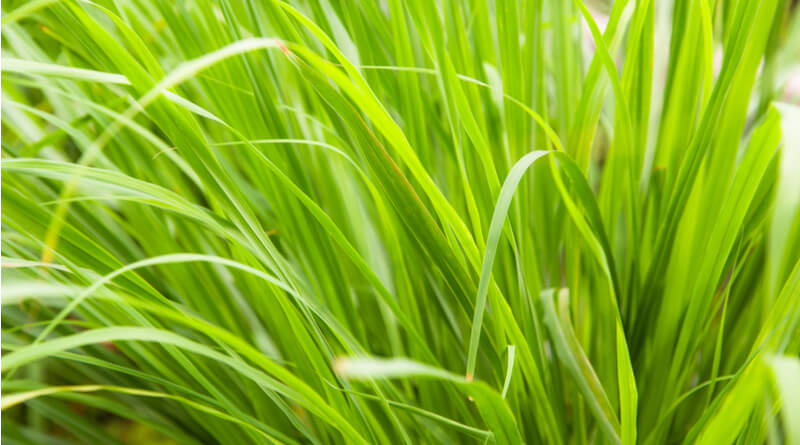Each and everything that you consume during pregnancy can have an effect on your baby so it is advisable to explore the benefits and side effects of anything that you consume when pregnant. The same goes for lemongrass. The grass which grows up to a height of 2 m is found in Australia, Africa, and Asia. The herb is used in cooking. It is well-known for its preservative and anti-bacterial properties. It has a unique distinctive taste and is used in tea as well as foods. Lemongrass is also a powerful astringent and is used in a variety of skincare products. We highly recommend consulting your doctor who will be the best person to advise you on whether or not to consume lemongrass during pregnancy.
Heath risks associated with lemongrass
- Lemongrass contains two compounds which could adversely affect pregnancy.
- There are not many studies that examine the effects of lemongrass on humans during pregnancy. However, it is advised to avoid high doses as per studies that have been done on rats.
- Lemongrass can hinder cell multiplication which will result in the poor growth of the fetus.
- It could also cause stillbirth. It is also known to cause abnormalities in the bones.
- It is known to cause the rupture of fetal membrane which can result in miscarriage.
- It also changes the level of blood sugar. Mothers who suffer from type-2 diabetes or gestational diabetes should refrain from consuming lemongrass.
- If lemongrass tea is consumed during pregnancy in small amounts, it can be considered safe. However, seek your doctor’s opinion first.
- Lemongrass is also used as seasoning in Thai dishes which needs to be avoided altogether during pregnancy.
- Lemongrass can also cause allergic reactions in some people. This includes rashes, chest pain, and throat swelling. It is therefore important to ensure that you consult your doctor before taking lemongrass first.








